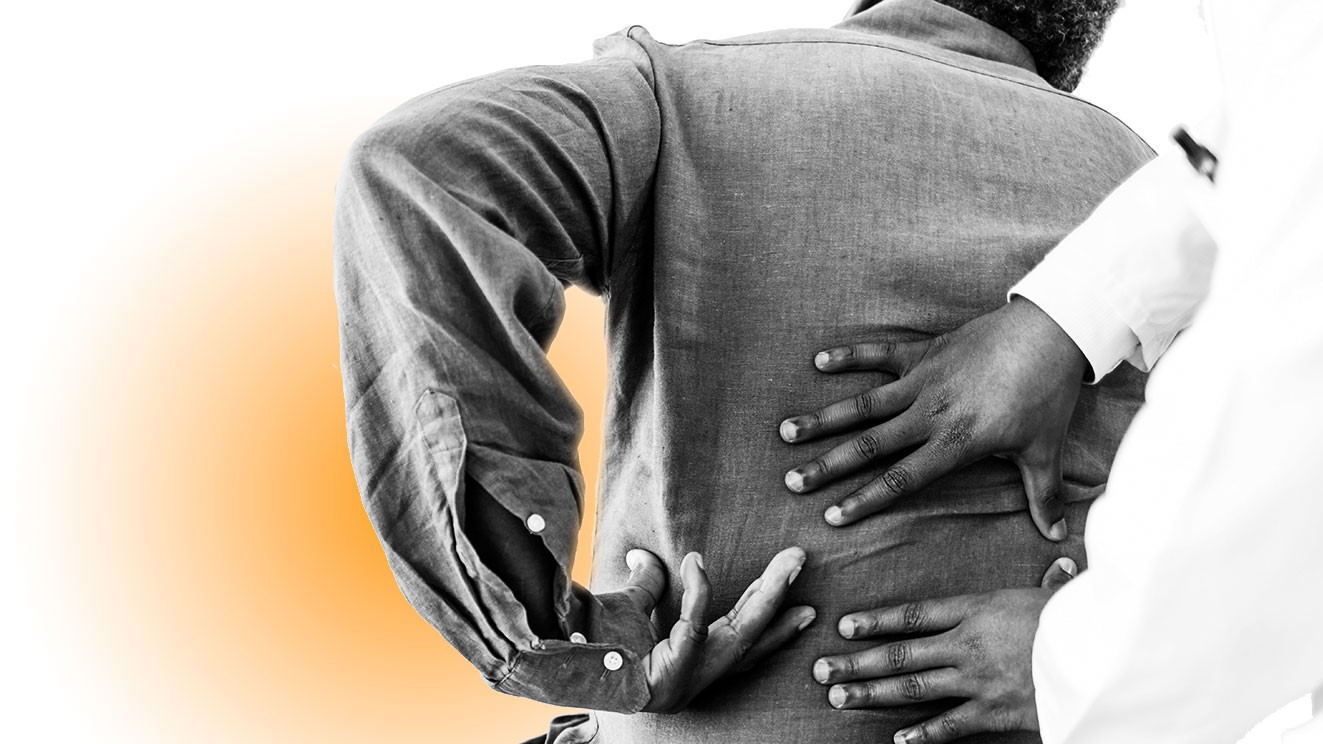Key points
- Millions of Americans have a substance use disorder (SUD), and it remains an important health issue in our country.
- In 2022, more than one in six Americans aged 12 or older reported experiencing a SUD.
- With effective treatment, recovery is possible for everyone. There is strength in getting help.

What is an SUD?
A substance use disorder (SUD) is a treatable, chronic disease characterized by a cluster of cognitive, behavioral, and physiological symptoms indicating that the individual continues using the substance despite significant substance-related problems.1 In 2022, more than one in six Americans aged 12 or older reported experiencing a SUD.2
SUDs can lead to significant problems in all aspects of a person's life. Patterns of symptoms resulting from substance use (drugs or alcohol) can help a doctor diagnose a person with a SUD or SUDs and connect them to appropriate treatment.
For certain drug types, some symptoms are less prominent, and in some cases, not all symptoms apply. For example, withdrawal symptoms are not specified for inhalant use.
SUDs can range in severity from mild to severe and can affect people of any race, gender, income level, or social class. A SUD can be applied to the following types of drugs:1
Treatment and recovery options
Addiction is a disease, not a character flaw. People experiencing SUDs have trouble controlling their drug use even though they know drugs are harmful.
Overcoming an SUD is not as simple as resisting the temptation to take drugs. Recovery may involve medication to help with cravings and withdrawal as well as different forms of therapy. It may even require checking into a rehabilitation facility.
Addiction is a treatable disease
Like many other chronic conditions, treatment is available for substance use disorders. While no single treatment method is right for everyone, recovery is possible, and help is available for patients with SUDs.
Evidence-based guidelines can assist doctors with choosing the right treatment options. These guidelines help evaluate a patient's clinical needs and situation to match them with the right level of care, in the most appropriate available setting. For more information on evidence-based guidelines visit Addiction Medicine Primer.
Recovery options
There are safe and effective ways to recover from SUDs. Finding the right treatment option can be the key to a successful recovery journey.
Outpatient counseling
Helps people understand addiction, their triggers, and their reasons for using drugs. This form of treatment can be done at a doctor’s office or via telehealth appointment.
Inpatient rehabilitation
A full-time facility provides a supportive environment to help people recover without distractions or temptations.
Behavioral health care
Trained providers who help with mental health concerns.
Medications for opioid use disorder (MOUD)
Specific conditions like opioid use disorder may require medication as the first course of treatment. MOUD can help with cravings and withdrawal symptoms.3 MOUD is effective in helping people reduce illegal opioid use, stay in treatment longer, and reduce the risk of opioid-involved overdose.4
MOUD medications approved by the Food and Drug Administration (FDA):
- Methadone
- Buprenorphine
- Naltrexone
Research has demonstrated that MOUD is effective in helping people recover from their OUD.567 It is important to find what works best each individual.
Resource
Reducing stigma is important
Addiction can happen to anyone
SUD is a treatable, chronic disease that can affect people of any race, gender, income level, or social class. No one driving factor leads to SUD. Some people may use drugs to help cope with stress and trauma or to help with mental health issues. Some may develop a SUD after taking opioids that are prescribed to them by doctors. In any case, using drugs over time may cause changes in a person's brain, leading to intense cravings and continued use.8
Some may view acknowledging and receiving treatment for an SUD as a sign of personal failure and weakness. The associated shame felt by patients and families can make it difficult to seek treatment. Finding a doctor who is comfortable discussing SUDs can help ensure long-term recovery.
Find treatment services
Use these resources to find services that fit your needs:
Learn more about recovery
Recovery is Possible: Know the Options
Opioid Therapy and Different Types of Pain
Resources
Linking People with Opioid Use Disorder to Medication Treatment
Working Together With Your Doctor to Manage Your Pain
- American Psychiatric Association: Diagnostic and Statistical Manual of Mental Disorders, Fifth Edition. Arlington, VA, American Psychiatric Association, 2013.
- Substance Abuse and Mental Health Services Administration. (2023). Key substance use and mental health indicators in the United States: Results from the 2022 National Survey on Drug Use and Health (HHS Publication No. PEP23-07-01-006, NSDUH Series H-58). Center for Behavioral Health Statistics and Quality, Substance Abuse and Mental Health Services Administration. https://www.samhsa.gov/data/report/2022-nsduh-annual-national-report
- SAMHSA. 2022, March 22. Medications, Counseling, and Related Conditions. Retrieved from https://www.samhsa.gov/medications-substance-use-disorders/medications-counseling-related-conditions
- TIP 63: Medications for Opioid Use Disorder - Full Document | SAMHSA
- Mattick, R. P., Breen, C., Kimber, J., & Davoli, M. (2014). Buprenorphine maintenance versus placebo or methadone maintenance for opioid dependence. The Cochrane database of systematic reviews, 2014(2), CD002207. https://doi.org/10.1002/14651858.CD002207.pub4
- Mattick, R. P., Breen, C., Kimber, J., & Davoli, M. (2003). Methadone maintenance therapy versus no opioid replacement therapy for opioid dependence. The Cochrane database of systematic reviews, (2), CD002209. https://doi.org/10.1002/14651858.CD002209
- Fullerton, C. A., Kim, M., Thomas, C. P., Lyman, D. R., Montejano, L. B., Dougherty, R. H., Daniels, A. S., Ghose, S. S., & Delphin-Rittmon, M. E. (2014). Medication-assisted treatment with methadone: assessing the evidence. Psychiatric services (Washington, D.C.), 65(2), 146–157. https://doi.org/10.1176/appi.ps.201300235
- https://nida.nih.gov/publications/drugs-brains-behavior-science-addiction/drug-misuse-addiction






